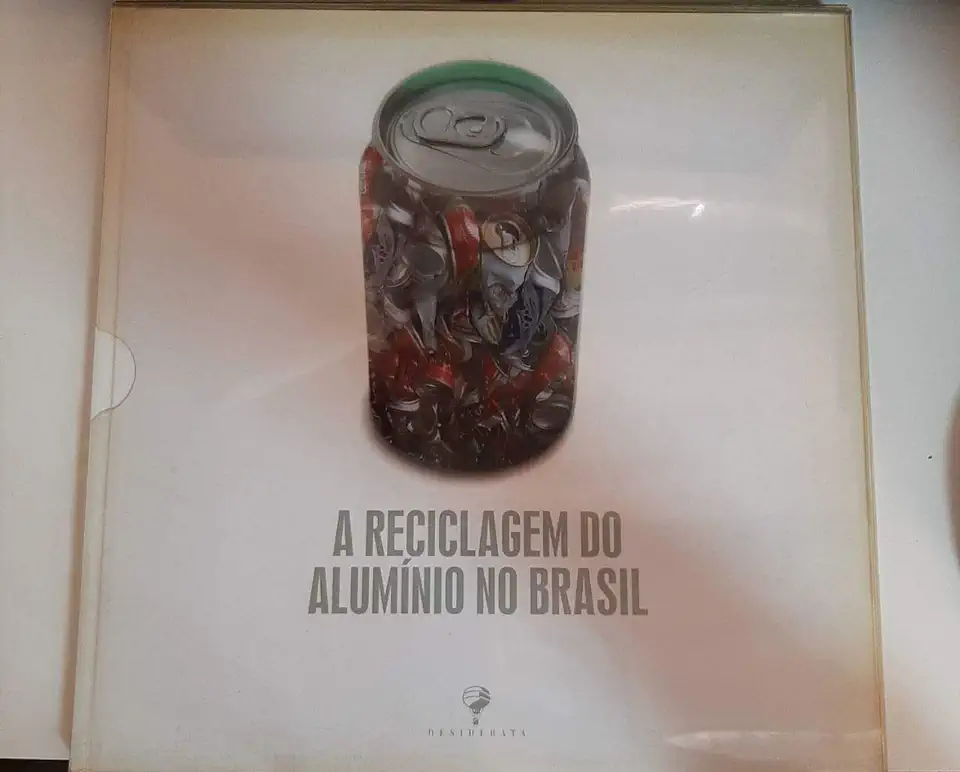
Aluminum Recycling in Brazil - Mauricio Barros de Castro
Aluminum Recycling in Brazil: A Comprehensive Guide
Discover the world of aluminum recycling in Brazil with this comprehensive guide by Mauricio Barros de Castro.
Introduction
Aluminum is a versatile and widely used metal with a wide range of applications, from construction to transportation to packaging. However, the production of aluminum is a highly energy-intensive process, and the disposal of aluminum waste can pose environmental challenges. Recycling aluminum offers a sustainable solution to these issues, and Brazil is a global leader in aluminum recycling.
The Aluminum Recycling Process
The aluminum recycling process begins with the collection of aluminum waste, which can come from a variety of sources, including households, businesses, and industrial facilities. The collected waste is then sorted and processed to remove impurities and contaminants. The clean aluminum is then melted down and cast into new products, such as cans, sheets, and extrusions.
Benefits of Aluminum Recycling
Recycling aluminum offers a number of environmental and economic benefits.
Environmental benefits:
- Reduces the need for primary aluminum production, which is a highly energy-intensive process.
- Conserves natural resources, such as bauxite ore and water.
- Reduces greenhouse gas emissions.
- Prevents aluminum waste from accumulating in landfills and the environment.
Economic benefits:
- Creates jobs and stimulates the economy.
- Reduces the cost of aluminum products.
- Enhances the sustainability of businesses and industries.
Aluminum Recycling in Brazil
Brazil is a global leader in aluminum recycling, with a recycling rate of over 98%. This success is due to a number of factors, including:
- A well-established recycling infrastructure.
- Strong government support for recycling.
- A high level of public awareness about the importance of recycling.
The Future of Aluminum Recycling in Brazil
The future of aluminum recycling in Brazil is bright. The country has a strong foundation in place, and there are a number of initiatives underway to further increase the recycling rate. These initiatives include:
- Expanding the recycling infrastructure to reach more remote areas.
- Increasing public awareness about the importance of recycling.
- Developing new technologies to improve the recycling process.
By continuing to invest in aluminum recycling, Brazil can continue to reap the environmental and economic benefits of this sustainable practice.
Conclusion
Aluminum recycling is a vital component of a sustainable future. By recycling aluminum, we can reduce our environmental impact, conserve natural resources, and create jobs. Brazil is a global leader in aluminum recycling, and its success story provides a model for other countries to follow.
Order your copy of Aluminum Recycling in Brazil today and learn how you can make a difference!
Enjoyed the summary? Discover all the details and take your reading to the next level — [click here to view the book on Amazon!]